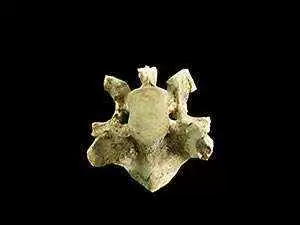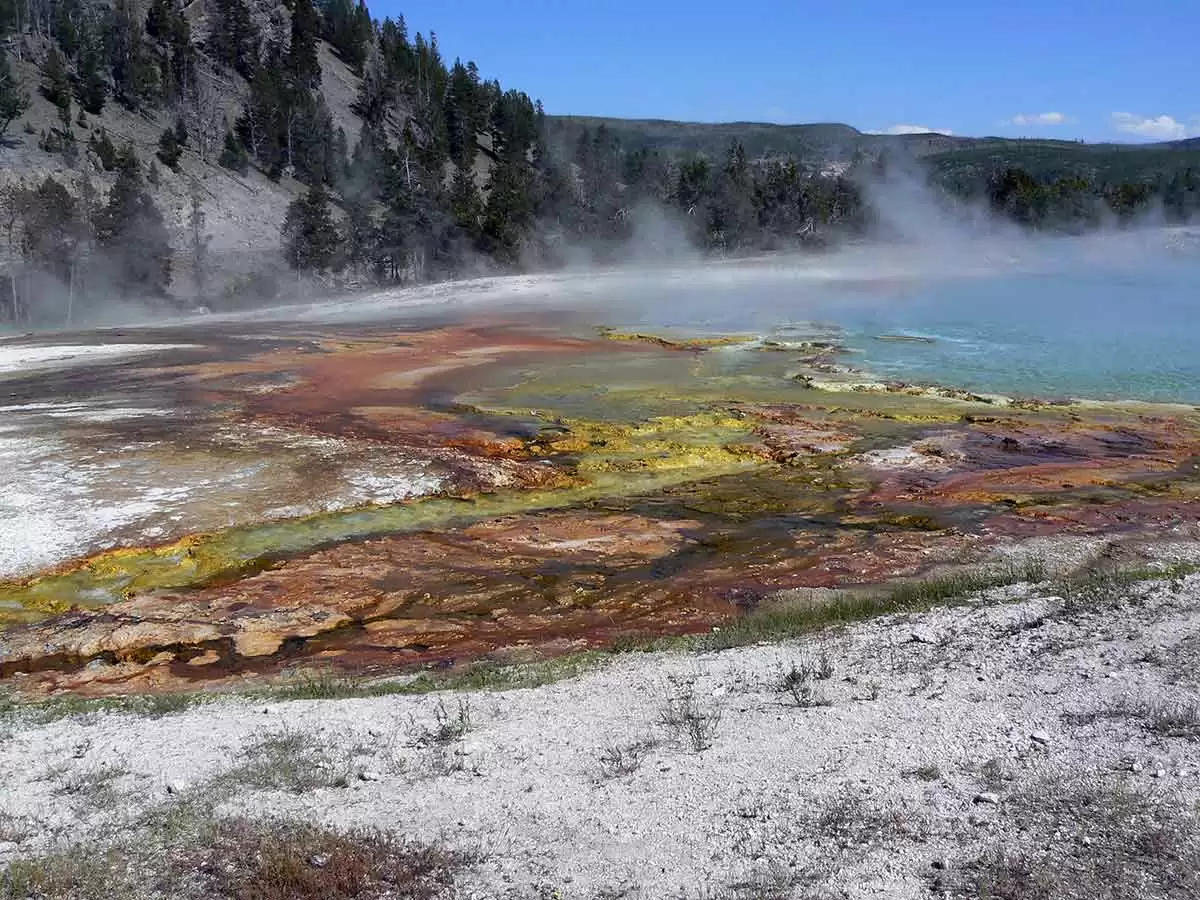
Researchers A.J Lucendo and A. García-Manzanares recently conducted a review of bone mineral density in patients with adult celiac disease.
Their goal was to provide an updated discussion on the relationship between low bone mineral density (BMD), osteopenia and osteoporosis, and celiac disease.
They conducted a search of relevant articles published in PubMed over the last 15 years. They also reviewed all sources cited in the article results to identify potential sources of information.
They found that up to 75% of celiac patients can suffer from low BMD, which can occur at any age, independently of positive serological markers and presence ...
- Read Full Article...
- 3 comments
- 13,278 views











